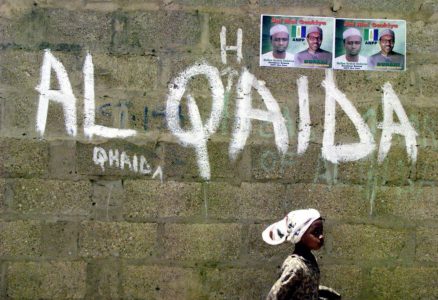
The al Qaeda terrorist threat to the West is still alive
Its recent loss of Osama bin Laden’s son, Hamza, has not ended al Qaeda’s threat to the West. While the organization is weaker than in its 1998-2002 heyday, it remains a potent counterterrorism challenge.
For one, al Qaeda retains some capable leaders. Osama’s right-hand man, Ayman al Zawahiri, remains alive. Although not nearly as charismatic as bin Laden, or as ideologically instrumental to al Qaeda as Abu Bakr al Baghdadi was to the Islamic State, al Zawahiri’s survival plays to Salafi-jihadist narratives that God is patiently on their side. The al Qaeda of the present also benefits from a younger generation of leaders such as Arabian Peninsula affiliate leader Qasim al Raymi. Savvy to ideological competition with ISIS, al Raymi aims to regain influence without sacrificing, at least unnecessarily, fighters. His name is likely to gain more attention in the years ahead. Unless, that is, he eats a Hellfire missile.
Al Qaeda also finds continuing safe haven.
Yemen’s civil war chaos gives al Qaeda territorial and political opportunity to maintain a relative safe haven. State actors also take al Qaeda’s threat with varying degrees of seriousness. Pakistan’s intelligence service, for example, continues to provide terrorist groups with space to operate. Pakistan has long viewed terrorist groups as useful bargaining chips for dealings with foreign powers.
Most important of all, al Qaeda retains an operational capability to strike the West.
The group successfully launched the January 2015 Charlie Hebdo attacks in Paris, France, killing a number of journalists and a police officer. Numerous other al Qaeda plots against the West have been prevented during the intervening period. Asfandyar Mir even suggests that al Qaeda is reconstituting its chemical, biological, radiological, and nuclear threat streams. Any new attack on the West would allow al Qaeda to recruit new people to its cause.
All of this leads us to a simple conclusion: Al Qaeda remains a threat. Reduced, yes, but significant nonetheless.
Source: AP





